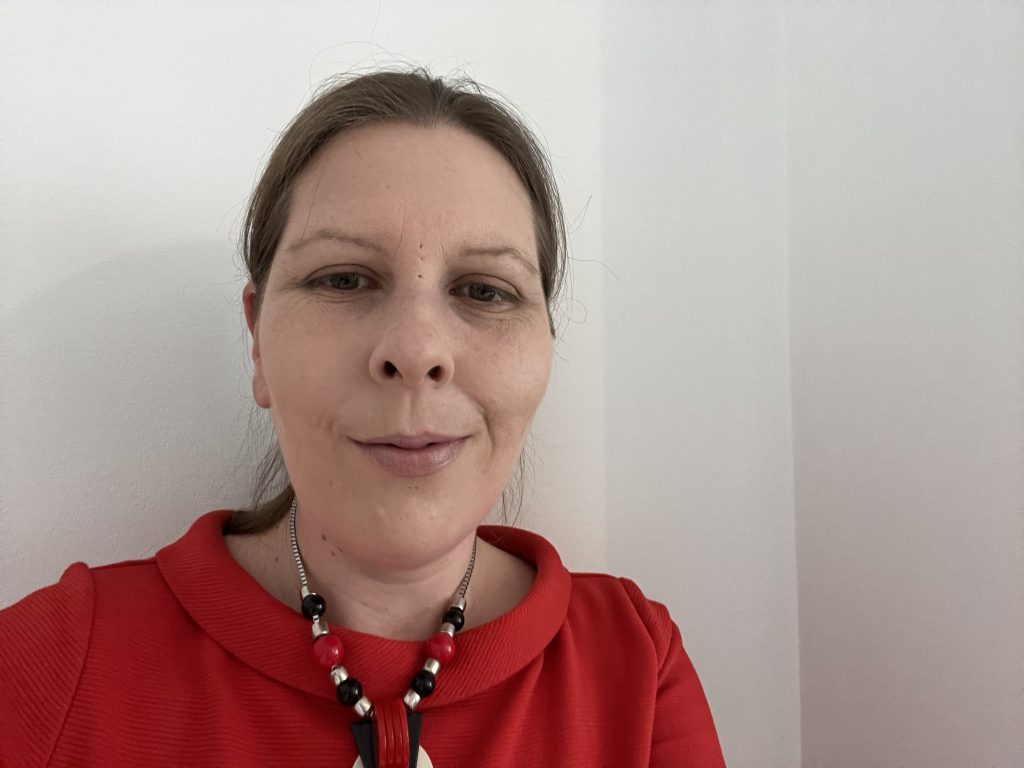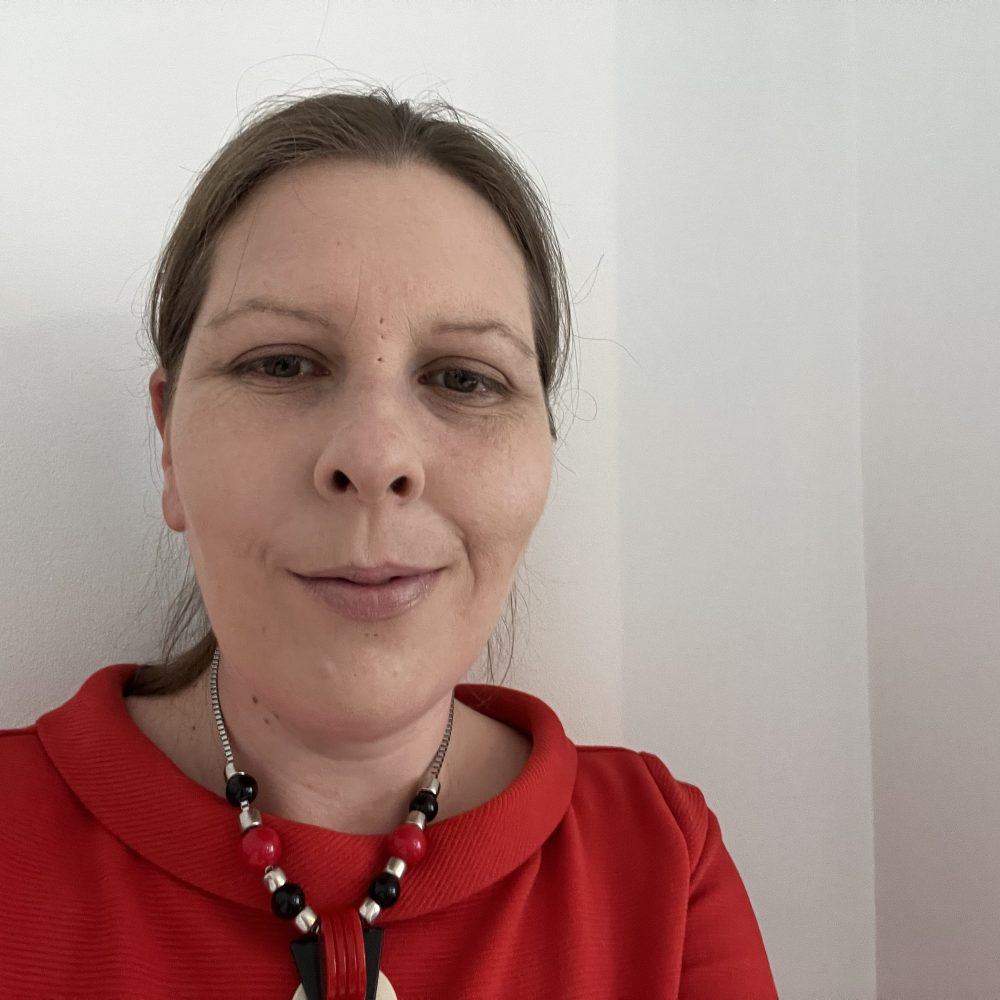Helen is a part-time student on our MSc Teacher Education programme. She works as a full-time Course Leader for an in-service Certificate in Education and PGCE programme within a large FE college. Before coming to the department she graduated with a BSc (Hons) in Psychology from Nottingham Trent University and went on to complete a PGCE at the University of Worcester.
What degree did you apply for and why was it important to you to study this?
I applied for the MSc in Teacher Education because I was frustrated that so little had been written about teacher education in the Further Education (FE) sector and wanted to do something about that. The course team were very open to the idea of learning about my unique context and discovering the extent to which research-informed insights from the schools sector might apply to FE teacher education. I am proud to be one of the trailblazers in the department and hope that more FE teacher educators follow in my footsteps.
What do you hope to go on to do once you’ve completed your postgraduate degree?
I plan to progress onto a Professional Doctorate in Education to build on my research interests, without having to step away from my career. I feel that the MSc in Teacher Education course is the perfect stepping stone.
What do you hope to achieve?
My trainee teachers and colleagues are blown away that I am studying at the University of Oxford; I hope to inspire them to carry out their own practitioner research and, ultimately, raise the profile of all those working in FE who are committed to transforming people’s lives through high quality teaching and learning.
What do you most value about the teaching at the department?
As well as being a renowned teacher education researcher, my supervisor also teaches on a PGCE programme; her experience is current and she really understands what it is like to work in the field. The teaching and learning activities are grounded in professional experience, which helps to bridge the gap between theory and practice, and I particularly like how the tutors video record vignettes about their own teacher education practices which we access on Canvas, our virtual learning environment.
Why do you think it’s important to study education?
Studying education at Oxford is not just about reading the research of others; the course has empowered me to start addressing these research gaps through my own research activities.
What’s the community (student & staff) like at the department?
It is really exciting to be able to learn alongside peers from across the globe. Even though we are distance learners, we quickly bonded on the face-to-face summer residential which introduced us to the course. We keep in regular contact through a student WhatsApp group and have forged a strong community of practice. The course tutors are incredibly knowledgeable and experienced in the field of teacher education, but they are also down to earth and are as keen to learn from us, as we are from them.
What has your degree taught you most?
The course has given me the tools and the confidence to research my own professional practice and the context I work in. I have truly found my research voice.
How do you get involved in other research activities within the department and what are they?
The department is proactive in emailing out opportunities. I have joined a working group of staff and students who have lived experience of being the first in their family to go to university. It is great to see that Oxford values our unique experiences and is committed to creating an inclusive HE community. I was also invited by my supervisor to collaborate on a co-authored research article with some peers and tutors; we hope to get it published in a high status journal.
What’s your favourite thing about studying at the department?
I particularly enjoy attending the virtual study group meetings. They are supportive but also keep me on my toes, challenging me to engage with the literature and critically examine my knowledge, beliefs and practices. I have been able to gain so many valuable insights from my peers; they work in a range of teacher education contexts and help me to see things from a completely different perspective.
How has the department supported you through your study?
My supervisor maintains regular contact with me via email and we have online one-to-one meetings to talk through each of my assignments; her first-class support and constructive feedback gives me a clear picture of how I can develop my research ideas and hone my assignment writing. I also have a college advisor who checks in with me each term to make sure I feel supported and part of the college community.

Teaching FE teachers is an absolute privilege; I really believe they are the unsung heroes of the education system and that more research should be carried out to explore the vital work they do and how they can facilitate the best outcomes for their students.






